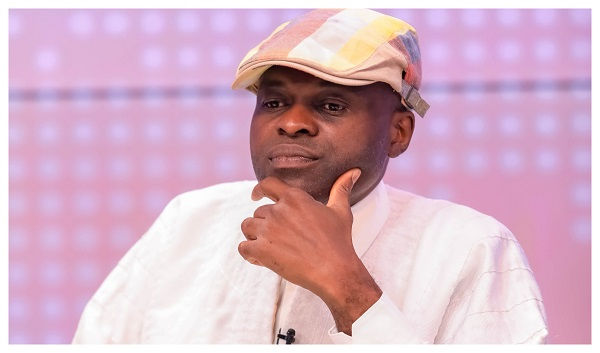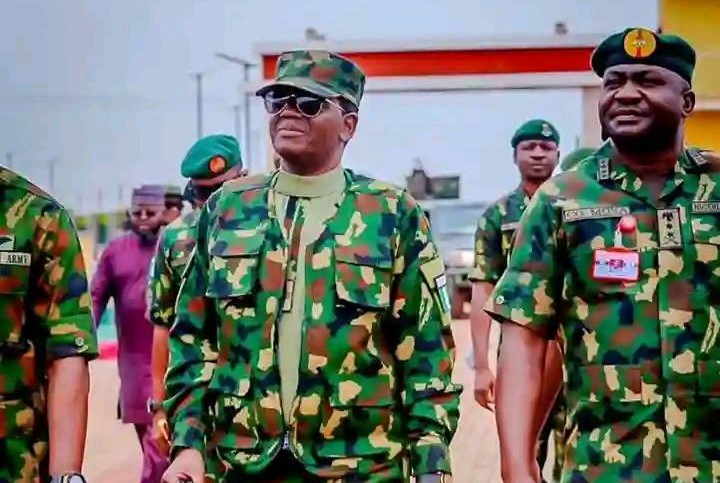Speaking at the 2025 Defence Training Conference in , themed “Performance Oriented Training and Trends in the Contemporary Operating Environment,” Musa revealed that the specially trained combat team, set to graduate next week, will be deployed as a single, unified unit.
“We have realised that deploying these forces in bits creates weaknesses. This team will be deployed together, trained to understand one another, and fight as one,” the Defence Chief stated.
He explained that the troops have undergone intensive training designed to tackle complex security challenges, including insurgency, terrorism, cyber warfare, and hybrid threats.
Musa stressed that the military must adopt a technology-driven and mission-oriented approach to confront the nation’s current realities.
He also called for stronger collaboration among security agencies.
“No single service or agency can confront these challenges alone. We need strong collaboration across all services,” he added.
The CDS warned of the dangerous ideology driving terror groups.
“The enemy we are facing has nothing to lose. He lives, he dies — his guilt dies with him. That’s why we must prepare our troops to understand the nature of the enemy and adapt to dynamic operational environments,” he stated.
Also speaking at the event, the Minister of Defence, Mohammed Badaru Abubakar, urged the Armed Forces to align their training programmes with Nigeria’s national security objectives, noting that security threats are no longer limited to conventional warfare.
“We live in an era where threats are no longer confined to traditional state actors. Asymmetric threats and hybrid warfare require more than tactical responses,” Badaru said.
He called for strategic investments in advanced training, including simulation-based exercises that mirror real-world conditions and prepare the military for unpredictable future challenges.
“It’s no longer enough to train for yesterday’s battles. The Armed Forces must train for the uncertainties of tomorrow and beyond,” the Minister added.
Badaru also emphasised the need for inter-agency collaboration and international cooperation, citing joint exercises like African Lion, Obangame Express, and ECOWAS Standby Force drills as crucial examples.
Earlier, Chief of Defence Training, Rear Admiral Ibrahim Shettima, outlined the conference’s objectives, which include fostering synergy, improving professionalism, and preparing military personnel to respond to evolving threats.












